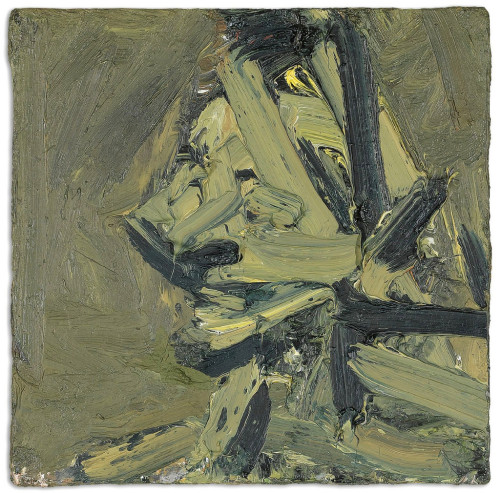The Overton window appears to be shifting. The current migratory crisis has led to unusually explicit discussion of race in Europe even among our traditionally lackluster “conservative” parties (most spectacularly in Hungary). French conservative politician Nadine Morano recently argued during a talk show that France is a White country and should not become Muslim:
For there to be national cohesion, we need to maintain a balance in the country, that is to say its cultural majority. We are a Judeo-Christian country – as General [Charles] de Gaulle used to say – of white race, which is welcoming foreign persons. I want France to stay French. I do not want France to become Muslim.[1]
Morano did not explicitly say she wanted France to remain a White country, hiding behind quotes of De Gaulle, but that was pretty heavy dog-whistling. She later doubled down on her statement, citing De Gaulle’s Mémoires d’Espoir on Europe:
For my part, I have, since always, but today more than ever, felt that which is common to the nations which inhabit [Europe]. All being of the same white race, of the same Christian origin, of the same way of life, bound between each other since always by countless relations of thought, art, science, politics, commerce, it is in line with their nature that they come to form a whole, having in the world its character and its organization.[2]
Morano has naturally been subjected to massive media attacks and been condemned by her own political party. She defended herself in an interview:
To subject me to a media lynching, to crucify me in the media, because I dared to quote the statements of General de Gaulle, even as in our country radical Islam is establishing itself, where we see more and more veiled women at the end of the school day, which we did not see ten years ago, and nobody is questioning themselves![3]
It is important to note that Morano’s party, now called “Les Républicains,” claims to be the “Gaullist” ideological successor to the General. Les Républicains are led by quarter-Jewish former president Nicolas Sarkozy, who in the past has said France requires coercive miscegenation [métissage], that “Israel’s right to security [. . .] is the struggle of my life,” and that the Shoah means humanity has “contracted with the Jewish people a debt which cannot be extinguished.”[4]
Les Républicains were outraged at Morano’s statements, the party making the ludicrous claim — really a genocidal lie — that France has “always” been multiethnic, citing the existence of Black African colonies centuries ago. The party has decided to punish Morano by eliminating her candidacy in upcoming regional elections but, interestingly, she will not be purged from the party. Given that the regions have fairly insignificant powers, this can be considered a mere slap on the wrist.
It is unclear why Morano made her statement. No doubt the rise of the Front National, the migrant crisis, and the trickle-down influence of online nationalist media are putting pressure on mainstream conservatives. Importantly, several members of Les Républicains have discussed reform or elimination of birthright citizenship, which would tackle one of the root causes of the multiculturalist nightmare. Given that Morano has faced relatively minor political punishment — despite serious media punishment — more conservative politicians may well begin to explicitly condemn Afro-Islamic demographic change and voice the interests of indigenous Europeans.
[1]“Nadine Morano évoque la ‘race blanche’ de la France,” Le Monde, September 29, 2015. http://www.lemonde.fr/politique/article/2015/09/27/nadine-morano-evoque-la-race-blanche-de-la-france_4773927_823448.html
[2]Charles de Gaulle, Mémoires d’espoir, volume I, 181. http://www.fdesouche.com/652791-race-blanche-les-pretendus-gaullistes-ont-il-lu-de-gaulle
[3]On BFM TV. http://www.fdesouche.com/652879-race-blanche-nadine-morano-persiste-et-signe
[4]Discussed in Guillaume Durocher, “Paul-Éric Blanrue and the Jews: From Celebration to Censorship,” The Occidental Observer, September 24, 2015. http://www.theoccidentalobserver.net/2015/09/paul-eric-blanrue-and-the-jews-from-celebration-to-censorship/







